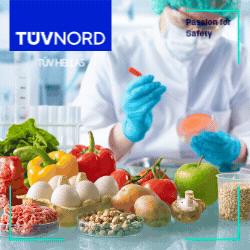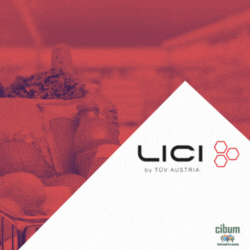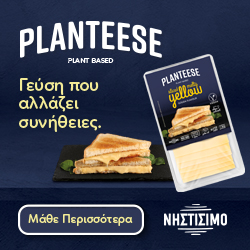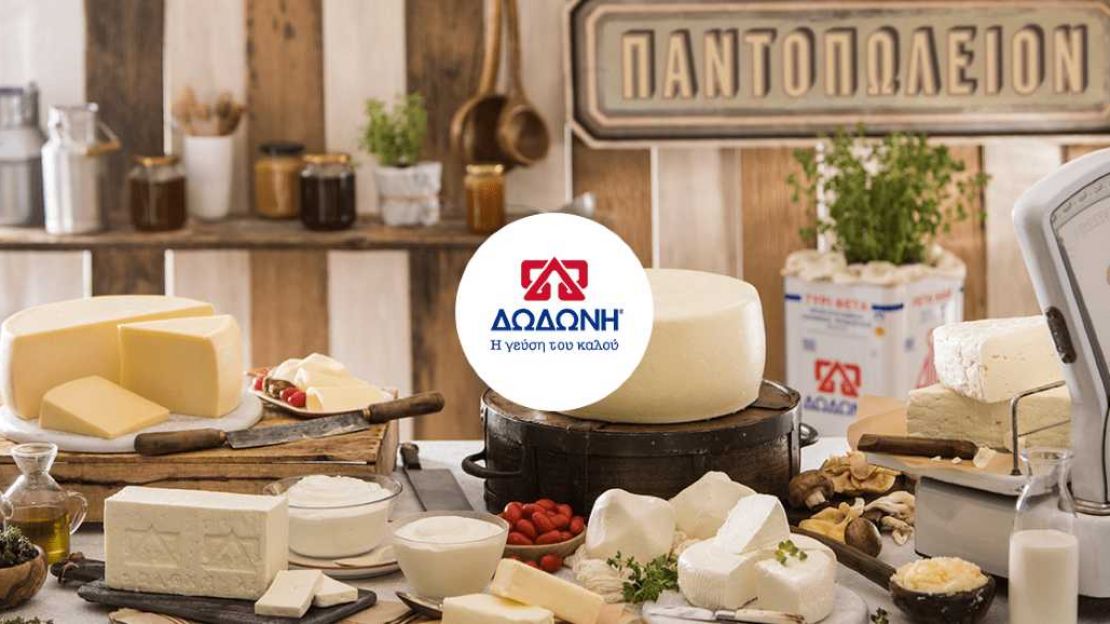Τα εκατοντάδες είδη μικροοργανισμών που αποτελούν το μικροβίωμα έχουν όλα διαφορετικούς, μοναδικούς ρόλους.
Conor Meehan, Nottingham Trent University
The hundreds of species of microorganisms that comprise the microbiome all have different, unique roles.
One of the important functions that takes place in the gut is the production of short-chain fatty acids. These molecules are derived from the fermentation of polysaccharides (a type of carbohydrate) which are primarily found in starchy foods. These short-chain fatty acids are then used in a range of processes – including providing cells with the energy they need to grow and multiply and enabling communication between the gut and the brain.
The gut’s microbes mainly make three short-chain fatty acids: acetate, propionate and butyrate. Together, these provide around 60% of all energy used by the intestinal cells – and about 10% of our body’s overall calorie requirements.
Arguably, the most important of these short-chain fatty acids is butyrate, which has been widely studied due to its apparent links to health and disease.
Butyrate is the primary source of energy used to create and maintain the mucus membrane that lines our digestive tract. This lining is vital for healthy gut function, protecting the body from infection and absorbing nutrients from the foods we eat.
One of the primary producers of butyrate in the gut is the bacterium Roseburia intestinalis.
Energy production
R intestinalis lives in close contact with the mucus membrane of our gut cells and makes up just over 2% of the entire population of the human gut microbiome. It creates butyrate from the polysaccharides we eat using a special type of enzyme. While it isn’t the only bacterium in the gut that produces butyrate, R intestinalis is one of its most abundant producers.
R intestinalis has been linked to many health benefits, such as preventing inflammation and restoring good bacterial balance in the microbiome.
This bacterium also seems to regulate some of the communication that happens between the gut and brain – and may even play a role in protecting against some diseases, such as Crohn’s, ulcerative colitis and both type 1 and type 2 diabetes.

These health benefits are probably thanks to the fact that the butyrate R intestinalis produces provides nutrients and energy to other bacterial species who have more specialised jobs in the gut. Butyrate also helps regulate many aspects of our immune system. It does this through promoting or suppressing the production of key immune cells.
Much of these discoveries of R intestinalis’s benefits are very recent and more research will be needed to better confirm what specific roles this bacterium plays in the gut, and how exactly it enhances our own fight against disease.
Butyrate production may also be more complex than it appears, with studies finding a link between low levels of butyrate production and obesity.
But given its key role in promoting a healthy gut – alongside its wider effects on the immune system and body – it’s no wonder R intestinalis is starting to be considered as a potential probiotic. This would mean we could see it added to supplements in order to promote a healthier microbiome in the future.
This article is part of Meet Your Gut Microbes, a series about the rich constellation of bacteria, viruses, archaea and fungi that live in people’s digestive tracts. Scientists are increasingly realising their importance in shaping our health – both physical and mental. Each week we will look at a different microbe and bring you the most up-to-date research on them.
Conor Meehan, Associate Professor of Microbial Bioinformatics, Nottingham Trent University
This article is republished from The Conversation under a Creative Commons license. Read the original article.



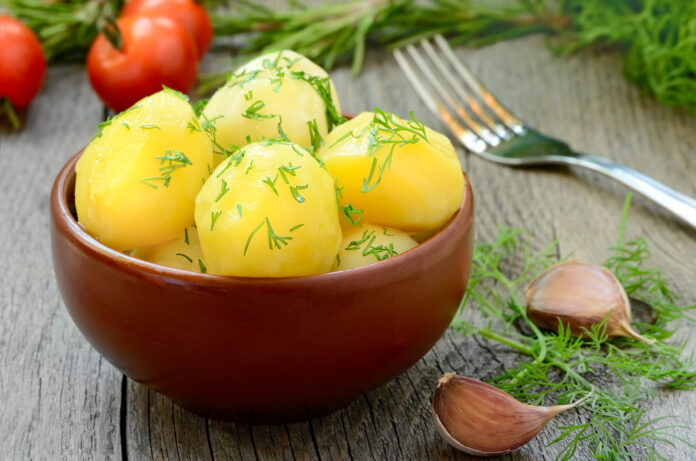

 Ακολουθήστε το Cibum
Ακολουθήστε το Cibum 